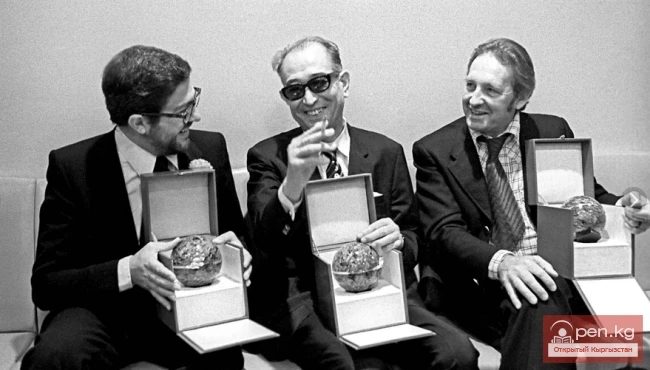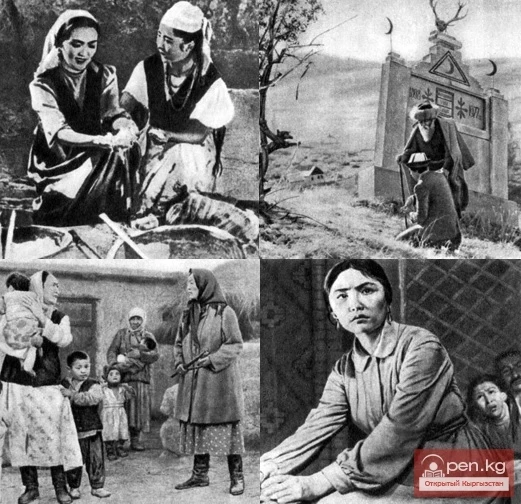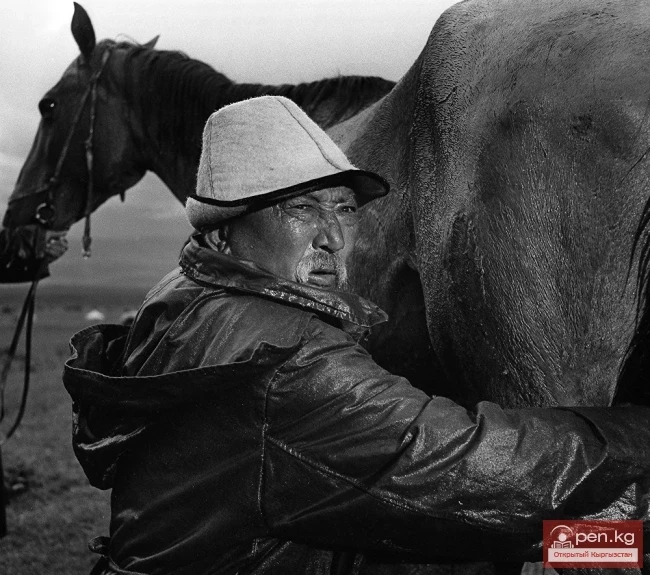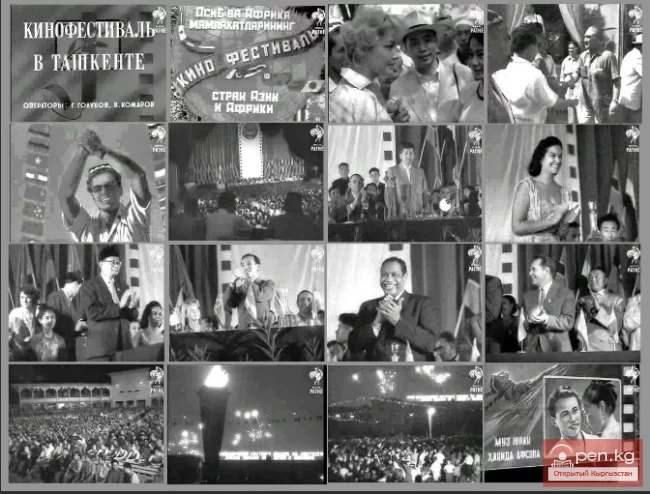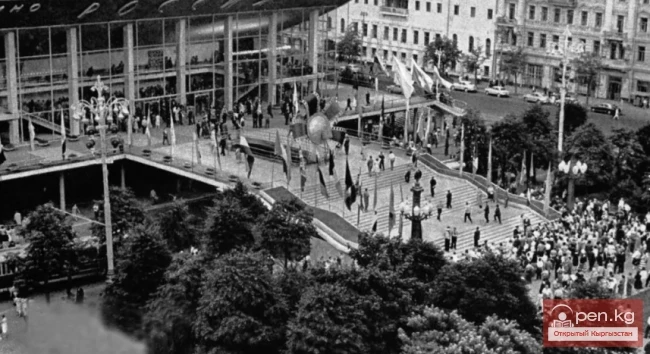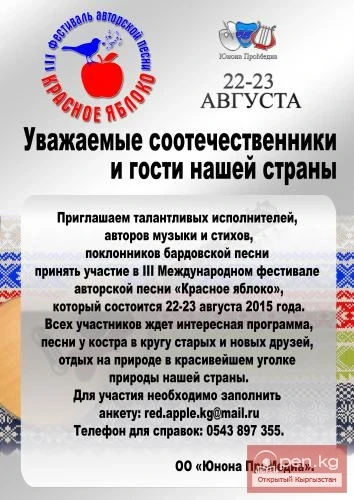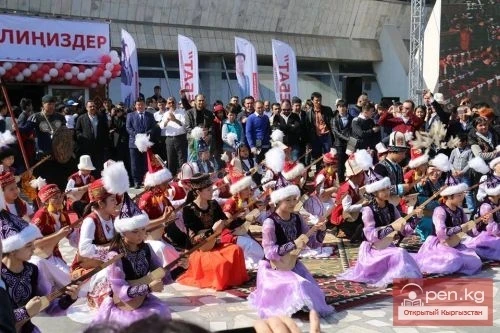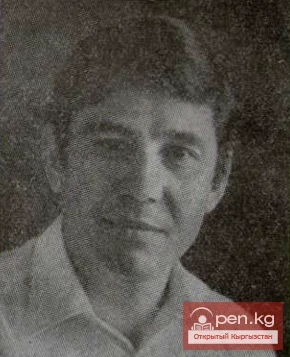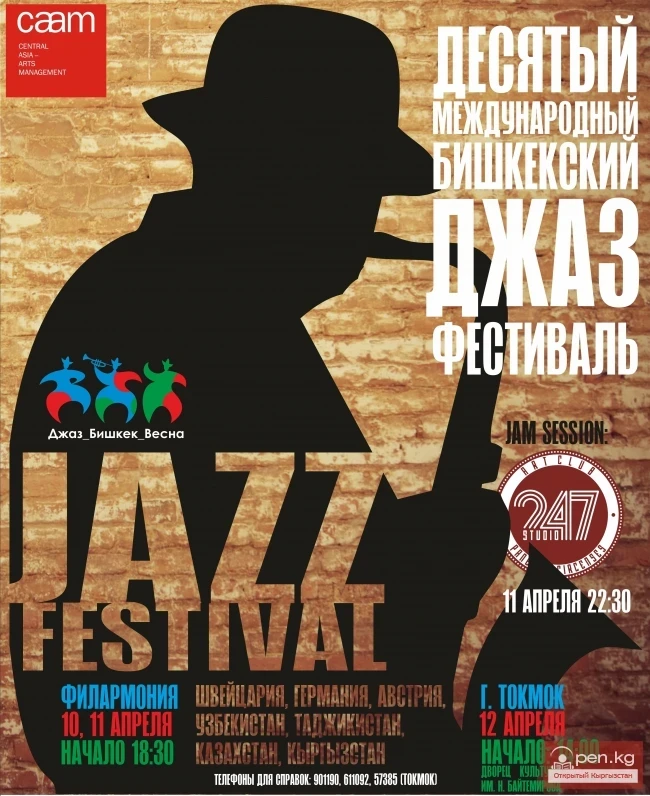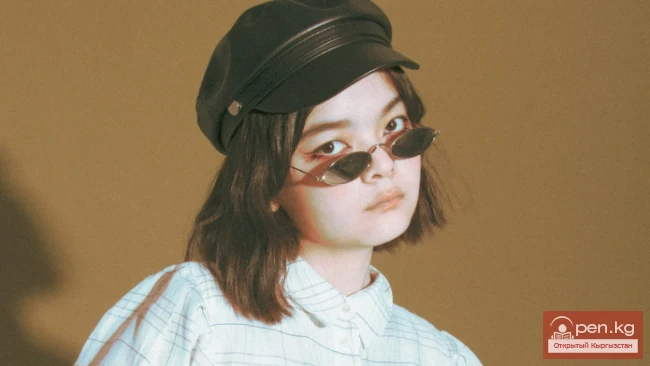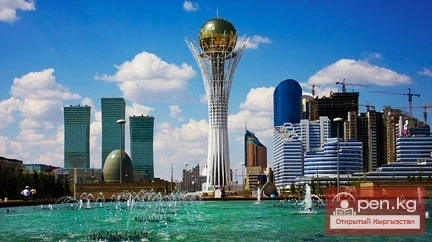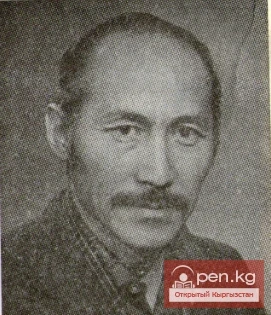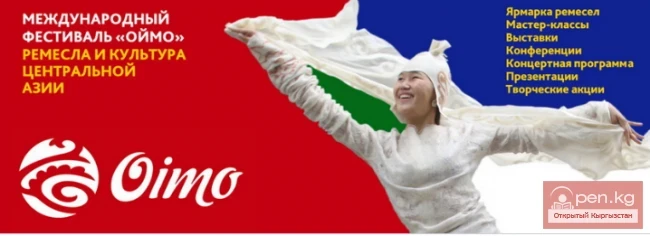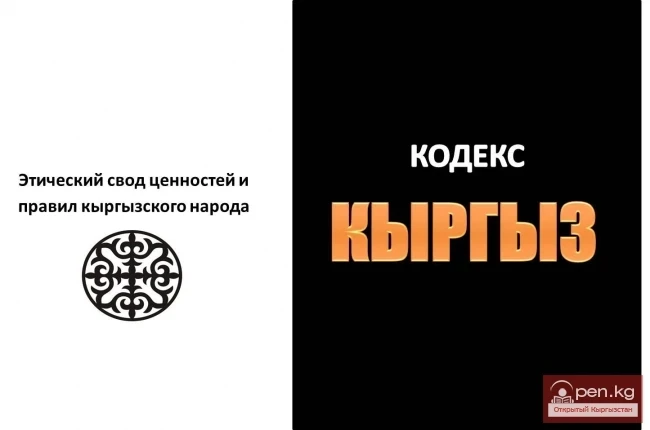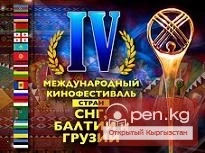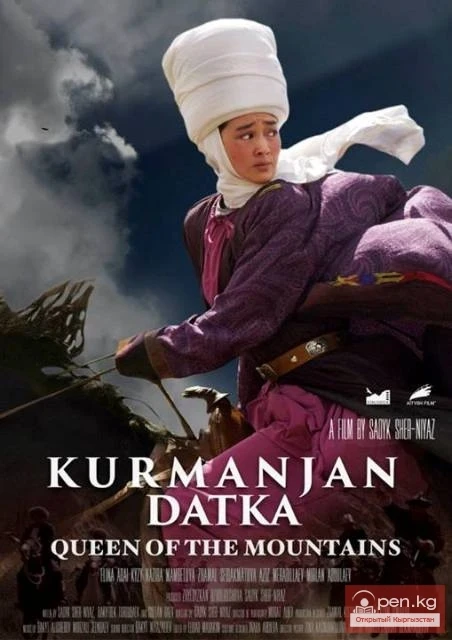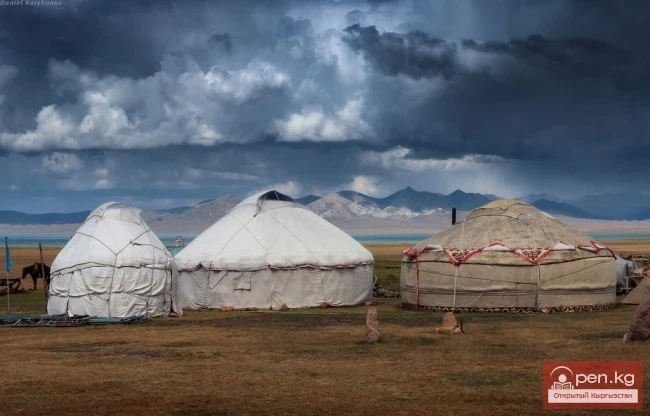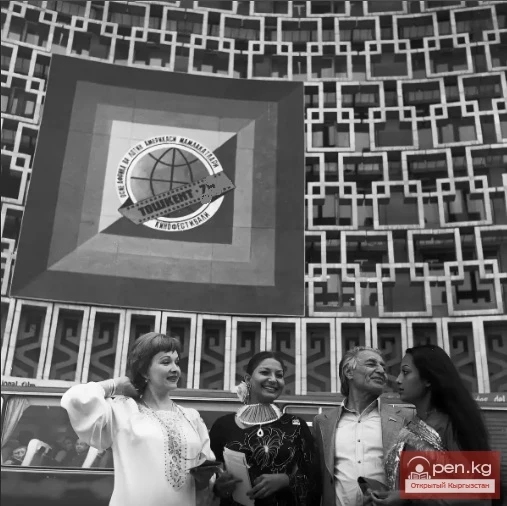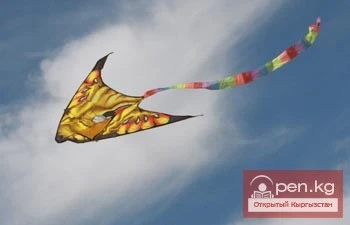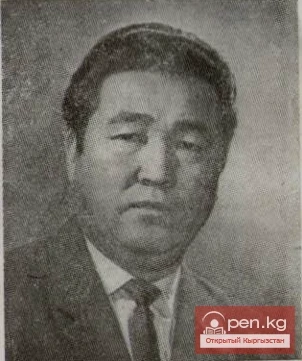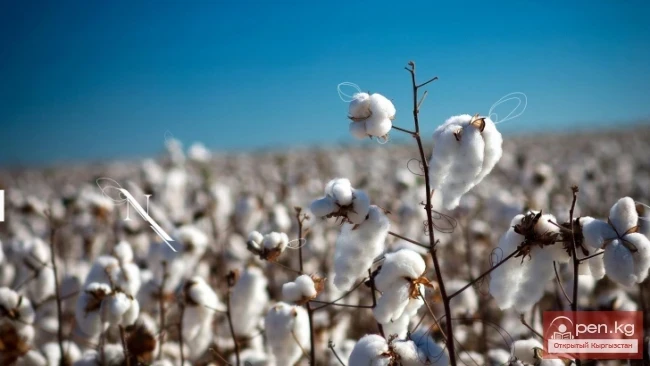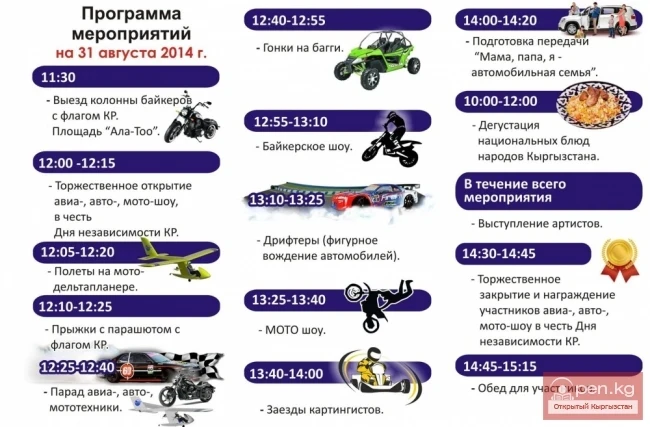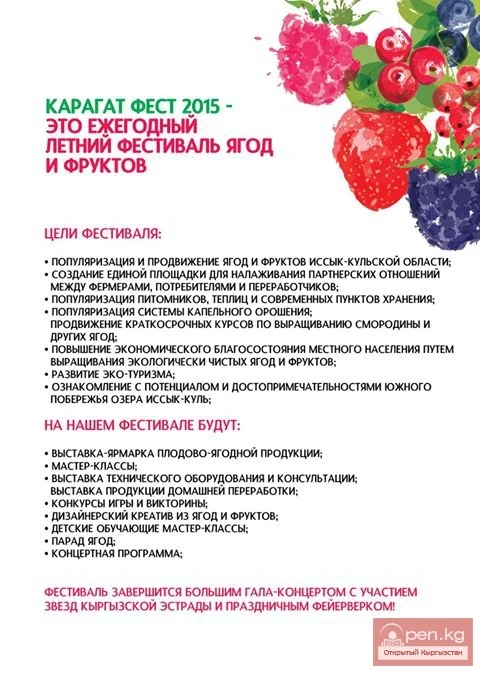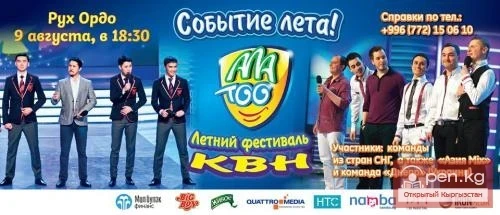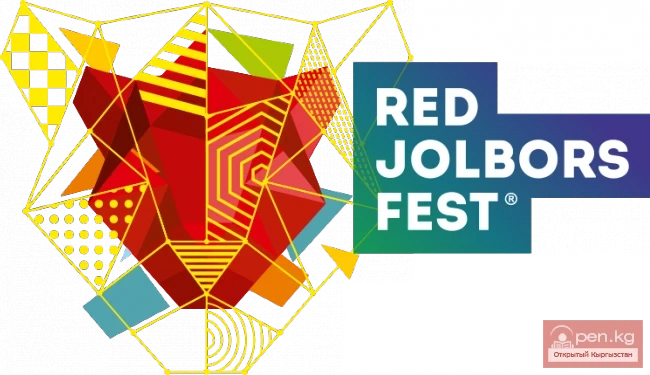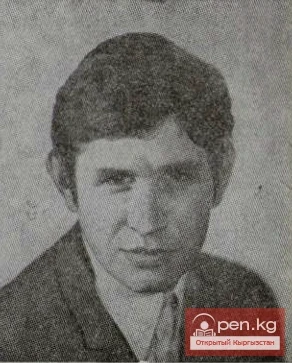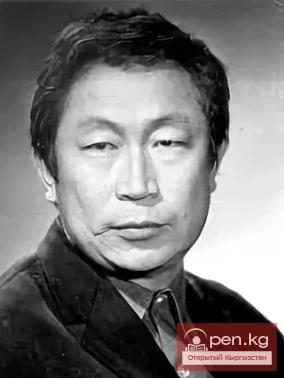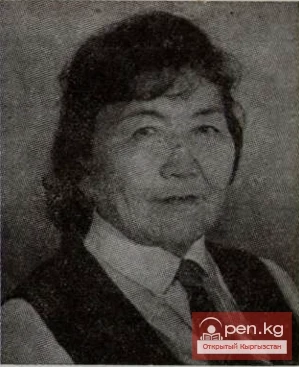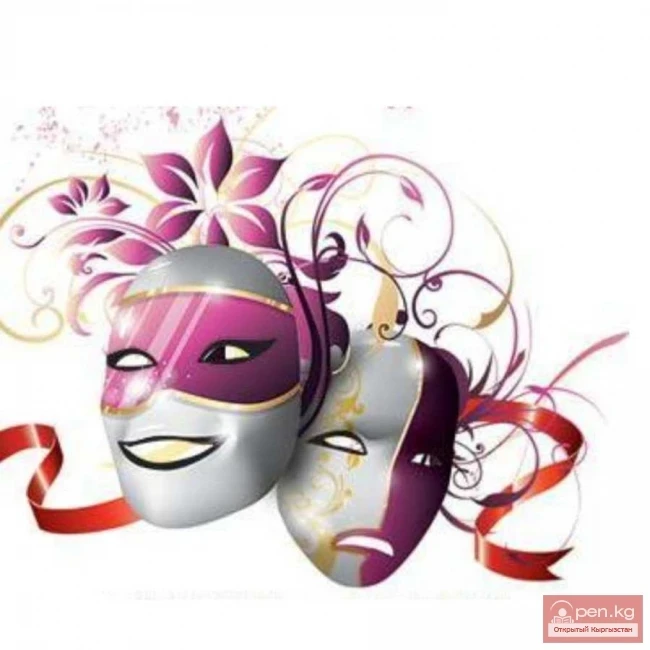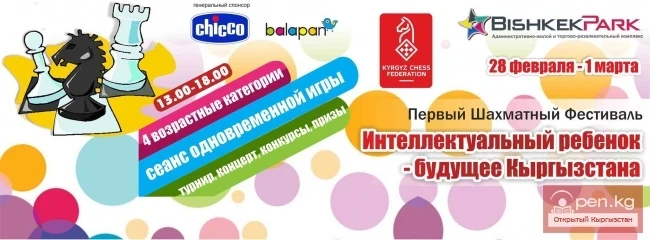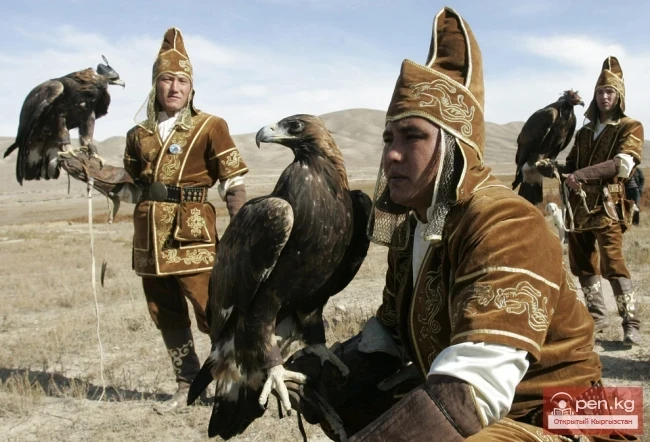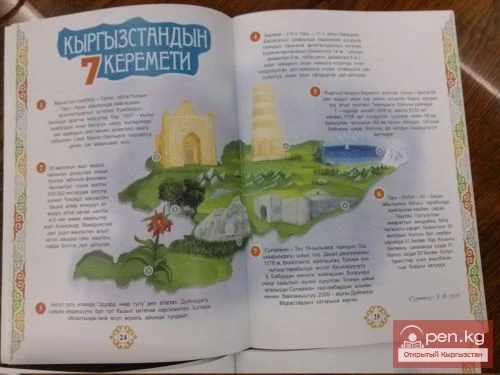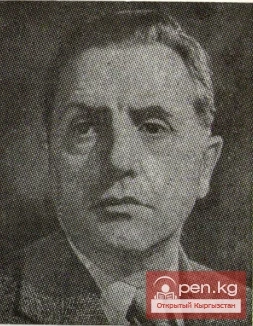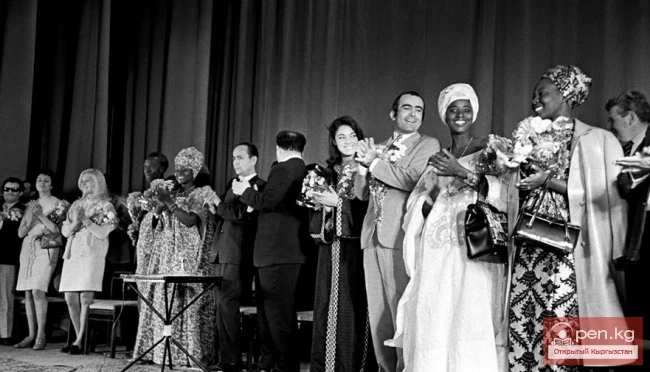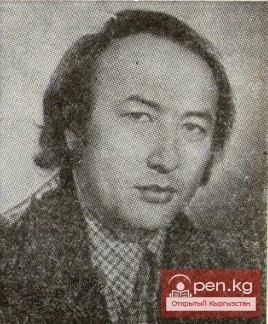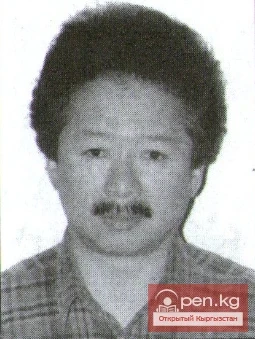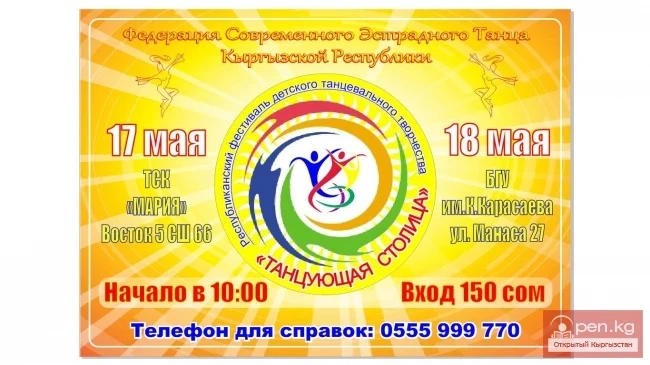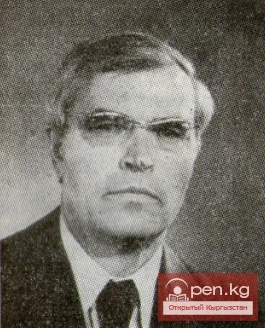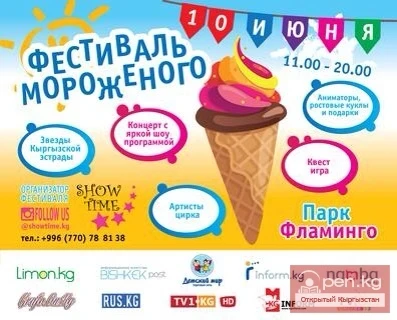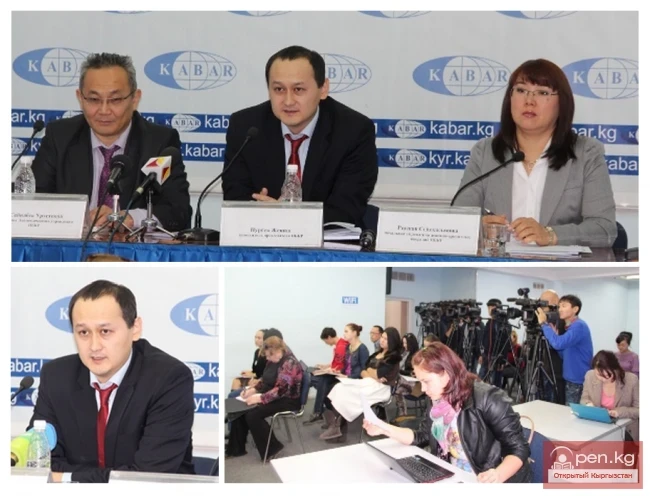IX Moscow Festival - A Special Festival
At the final press conference, the creators of the films presented at the festival, both in competition and out of competition, answered numerous questions from Soviet and foreign correspondents: R. Viktorov ("Moscow — Cassiopeia"), S. Solovyov ("One Hundred Days After Childhood"), G. Piesis ("Blow, Wind!"), operators Yu. Gantman ("Dersu Uzala") and K. Orozaliev ("Red Apple"), the screenwriter of "Dersu Uzala" Yu. Nagibin, and actors from the competition films: M. Munzuk from Tuva, S. Chokmorov, and G. Adzhibekova. The objective reality—the fruitful development of multinational Soviet cinema—was presented to foreign journalists vividly and convincingly.
This idea was emphasized in his speech by film director S. I. Yutkevich. — It is wonderful,— said Sergey Iosifovich,— that here, at this press conference, there is a big discussion going on about the debuts of young filmmakers, which we saw in "Red Apple," and about the new works of recognized masters of world cinema. The main value, the main feature of our film forum lies in the connection of names and works of young and seasoned filmmakers, in participation in both the festival and in this press conference of a film from young national cinema and a film by Akira Kurosawa—a great director of our time, whose works we learned from and continue to learn from. I bow before his adaptation of Russian classics. I have not seen a better cinematic interpretation of Gorky and Dostoevsky than in his films "At the Bottom" and "The Idiot"...
The adaptation of the work of the Russian writer and traveler V. K. Arsenyev allowed the Japanese director to fulfill a cherished dream of his youth—to show on screen a person in harmony with nature. The thought that excites Kurosawa runs throughout the film, prompting reflection on the place of man in today's world and his relationships with the environment. The plot of "Dersu Uzala" is structured as a tale of two journeys—1902 and 1907—of Arsenyev through the Ussuri taiga, about his encounters with the gold-hunting hunter, about a friendship that undergoes severe trials—by nature, by people. Many films were shown in our country. Kurosawa's—"Rashomon," "Ikiru," "Red Beard," "Under the Sound of Tram Wheels." The democratic nature of his creativity, the living compassion of the artist for the people's grief, the in-depth analysis of psychology (Kurosawa's favorite writer, by his own admission, is Dostoevsky, with his boundless empathy for others' suffering—"he suffers along with those who suffer," says the director) find their logical continuation in "Dersu Uzala." — People have forgotten,— said Kurosawa,— that man is a part of nature. They are predatorily exterminating it. Environmental pollution has reached such proportions that this problem has become planetary. Flora and fauna are dying before our eyes.
...We are on the brink of catastrophe. This needs to be shouted at every intersection. As for me—I do not know how to speak in words. I speak through films...
In the outstanding performances of the oldest Tuva actor Maxim Munzuk (Dersu) and the actor of the Small Theatre Yuri Solomin (Arsenyev), in the high cinematographic mastery of Asakazu Nakai, Yuri Gantman, and Fedor Dobronravov, who managed to convey on screen not only the shades of changing colors of the boundless, proud Ussuri taiga—through all seasons of the year—but also the emotional state of the heroes, one can see the confident direction of a great humanist artist, tirelessly continuing his restless reflections on how to make a person happy, how to help him live... Suimenkul Chokmorov played a small but important role of Zhang-Bao in Kurosawa's film.
— The festival is a special celebration for us, filmmakers from Kyrgyzstan,— he said after the competition screening of the film,— I met many old friends from Iraq, Syria, and Polish directors Kawalerowicz and Hoffman here. I watched the works of foreign colleagues with great pleasure—the Swedish actress Anderson in "The White Wall," the Japanese actor Ken Ogata in "The Fortress of Sand," the Italian Gassman in the film "We Loved Each Other So Much." These are world-class actors. There is much to learn from them... In the fall, I am scheduled to shoot in Japan, in the Soviet film "A Bomb for the Chairman." There, apparently, the conversation about working on Kurosawa's new film will continue.
K. Orozaliev, the cinematographer of "Red Apple":
— The festival is a meeting with great films, with different cinematic schools. I remember the cinematographic works of Rojas in "The Burning of Judas" (Venezuela), Davidson in "The White Wall" (Sweden). It was nice to meet my former classmates from VGIK here. Operator Sharavdorzh, my friend from Mongolia, came with his new film "The Year of the Solar Eclipse" about the events at Khalkhin Gol in 1939...
Gulsara Adzhnbekova:
I came to the International Film Festival for the first time. All the days here were unforgettable for me. Screenings, meeting filmmakers from different countries, creative communication. For this, I am grateful to the festival...
One of the largest showcases of world cinema, the Moscow festival is classified by the International Association of Producers (FIAPF) as "A" in terms of its significance—alongside the most authoritative film showcases in Venice, Cannes, Karlovy Vary, and West Berlin. But the Moscow festival is special. Not closed screenings for the "chosen," not a fair of "films of the century," degrading the dignity and honor of man, not the promotion of unimaginable toilets of "stars" define its character. Our festival is a film holiday in the full and exact meaning of this joyful word.
Our festival is a colorful kaleidoscope of familiar and unfamiliar names, faces, surnames, among which are the famous Italian Gina Lollobrigida and the debutante from Kyrgyzstan Gulsara Adzhibekova...
"We Loved Each Other So Much," "Dersu Uzala"...
In these films, which received Golden Prizes, the trends in the development of modern progressive cinema are concentrated like in a focus, expressing the problems that concern the masters of cinema, artists from different countries and different generations, whose creative searches are expressed in the motto of the Moscow festival.
The demonstration of a film from Kyrgyzstan on the largest cinema screen in the country—at the Kremlin Palace of Congresses, the very fact of the participation of national Soviet cinema in the competition of an authoritative international festival—is a gratifying phenomenon. Many foreign guests discovered for the first time the distant Soviet republic in Central Asia; in different languages from five continents, a new word for many was pronounced during those days—Kyrgyzstan.
But in the context of the international competition program, it became noticeable that which had eluded attention at home. Neither confident direction, nor precise acting, nor cinematographic understanding of dramaturgy, nor color, nor good music—nothing can "make a film" if at its core, in its very conception, there is an element of some artificiality, of predeterminedness. In the script of "Red Apple," in the dialogues of the film's characters (script by Ch. Aitmatov, E. Lydina, T. Okeeva), there were moments brought in from the outside, absolutely alien, in my opinion, to the deeply psychological, sensitively calibrated truth of each word, the prose of Aitmatov, and the dynamic, color-preferential, passionate directorial thinking of Okeeva. Artists who are deeply national, original. This is what makes them interesting to the whole world...
...On the day of departure from Moscow, already in the evening, suddenly, unexpectedly, it started to rain—a joyful, brief, July rain...
The washed asphalt of the Leningrad Highway... The clean greenery of the boulevards... The darkened sand in the center of Pushkin Square, by the poet's monument, the wet festival posters and banners on Gorky Street... The Moscow River sparkled in the rays of the setting sun. The Moskva River embankment near the "Zaryadye" cinema was deserted; the festival flags were lowered at the "Russia" hotel. Moscow was bidding farewell to the International Film Holiday. The IX festival was becoming a fact of the history of world cinema...
IX International Film Festival in Moscow. Television and Cinema of Kyrgyzstan in the 70s—early 80s. Part - 12
